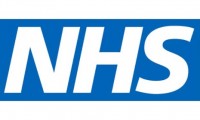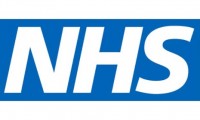-
NHS to roll out fibre optic laser therapy to prevent seizures in epileptic patients
- Source: drugdu
- 72
- May 10, 2024
-
NHS to roll out AI to improve waiting times and reduce missed appointments
- Source: drugdu
- 123
- March 19, 2024
-
NHS campaign urges over 900,000 young adults to catch up on missed MMR vaccine
- Source: drugdu
- 120
- March 14, 2024
-
NHS to ensure people eligible for very high-risk breast screening are referred
- Source: drugdu
- 151
- March 9, 2024
-
Sponge-on-a-string test to benefit NHS patients with oesophageal cancer
- Source: drugdu
- 141
- February 29, 2024
-
Millions of people to view digital prescriptions via the NHS app
- Source: drugdu
- 111
- February 16, 2024
-
NHS launches BRCA testing programme for people of Jewish descent
- Source: drugdu
- 137
- February 16, 2024
-
NHS launches Pharmacy First to treat seven common conditions
- Source: https://healthmedia.blog.gov.uk/2024/02/01/pharmacy-first-what-you-need-to-know/
- 118
- February 14, 2024
-
NHS launches BRCA testing programme for people of Jewish descent
- Source: drugdu
- 129
- February 5, 2024
your submission has already been received.
OK
Subscribe
Please enter a valid Email address!
Submit
The most relevant industry news & insight will be sent to you every two weeks.













